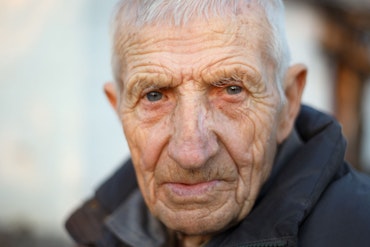Protest government’s decisions
Leading Western Australian residential and aged care organisation, Baptistcare, protested the federal government’s decision to cut residential aged care funding by $500 million at its 13 residential aged care facilities and three disability and community care sites at the end of last week.
Leading Western Australian residential and aged care organisation, Baptistcare, protested the federal government’s decision to cut residential aged care funding by $500 million at its 13 residential aged care facilities and three disability and community care sites at the end of last week.
Baptistcare cares for more than 880 elderly West Australians in its aged care homes and made the decision to launch the visual protest to raise awareness of the government’s decision to reduce aged care funding which providers receive to deliver quality clinical care services to residents.
“The federal government has made it almost impossible for not-for-profit residential care providers like Baptistcare to provide appropriate care services for elderly and vulnerable West Australians,” Dr Lucy Morris, Baptistcare chief executive, said.
“Through its adjustment of the assessment tool used to fund high care services, the federal government has stripped money from the services needed to care for older, sicker West Australians who have more complex health needs and need higher levels of care,” she added.
Dr Morris hoped that by “flying flags of protests” against the federal government’s decision, it would create local awareness of the issue and help to make a difference to residents and staff.
The grassroots protest is supported by peak body Aged and Community Services WA (ACSWA), which represents not-for-profit aged care providers which care for 100,000 of the state’s most frail and vulnerable citizens.
Stephen Kobelke, chief executive of ACSWA, said the state’s not-for-profit aged care sector had been struggling for years, desperately trying to survive in one of the world’s most expensive cities and the funding cuts have caused disbelief among not-for-profit aged care providers.
“There is unity among aged care providers and the pressure they are under. There has been unprecedented stagnation in the provision of aged care services to older West Australians, to the point that 3,368 bed licenses have now not been taken up since 2007.
“As a consequence, residential care provision in this state is at the absolute tipping point under the current funding regime, and now has to struggle with an additional major reduction in anticipated funding,” Mr Kobelke said.
He added all West Australians should be “very concerned” by this decision and its impact on the elderly people in aged care homes, in addition to their families, our hospital system and community home care providers.























Comments